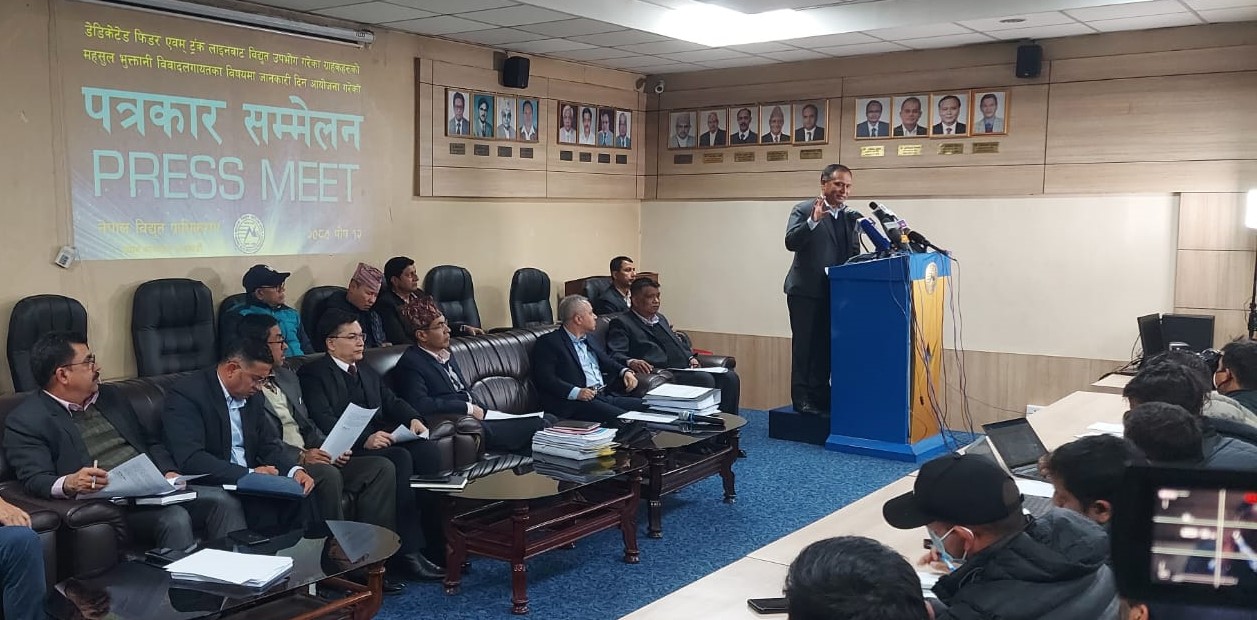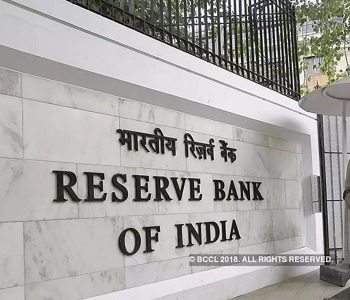NEA stands firm amid industrialists’ reluctance to settle overdue payments

KATHMANDU: In a striking stance against non-compliant industrialists, the Nepal Electricity Authority (NEA) has reiterated its firm decision to enforce overdue payments on dedicated and trunkline electricity services. Executive Director Kulman Ghising recently declared that if industries fail to clear outstanding payments within the next 15 days, NEA will proceed with strict recovery actions. Ghising’s statement follows a series of failed negotiations and payment extensions, emphasizing the government’s frustration with industries that repeatedly neglect their financial obligations, jeopardizing the stability of Nepal’s power sector.
This issue has been ongoing for years, and Ghising’s announcement highlights the need for stringent action to address the overdue dues, which amount to millions. Despite receiving repeated notices, many large-scale industries have evaded payments under various pretexts, signaling a deep-rooted problem that could destabilize NEA’s financial standing and, bxtension, Nepal’s electricity infrastructure.
Industrialists’ Reluctance and Repeated Extensions
The issue centers on unpaid dues accumulated through dedicated and trunkline electricity services, which the NEA provides to industrial establishments at a premium. These services ensure uninterrupted electricity supply, a privilege that requires timely payments given the resources NEA allocates to maintain reliability. However, according to NEA, several industrialists have consistently ignored these obligations. Ghising pointed out that NEA even offered flexible installment plans to facilitate the payments, a concession not typically provided to other sectors, yet many industrialists failed to take advantage of this.
In his statement, Ghising acknowledged that while the NEA understands the operational challenges faced by industries, it cannot continue subsidizing their businesses at the expense of its financial health and Nepal’s overall electricity infrastructure. He cautioned that if the dues are not cleared within the stipulated 15 days, the government, alongside the Ministry of Energy, Water Resources, and Irrigation, will intervene to ensure compliance.
Financial Implications and Risk to NEA
The failure of industrialists to pay their dues has created significant financial strain on NEA, potentially impacting its capacity to manage other critical functions such as power production, transmission line construction, and routine maintenance. According to Ghising, NEA’s financial health is already under pressure, and delayed payments from high-power-consuming industries only exacerbate the situation.
Ghising also highlighted that NEA relies on revenue from industries to support broader infrastructural projects aimed at ensuring stable electricity for all. Large-scale industries are some of the biggest beneficiaries of NEA’s premium services, yet they are also the most delinquent in payments, leaving NEA in a precarious financial position. “If large corporations refuse to meet their financial obligations, it will soon become impossible for NEA to sustain its operations without compromising service delivery or exploring price hikes that would affect all consumers,” he warned.
NEA’s Legal Grounds for Action
In response to queries regarding the legality of the bills issued, Ghising stressed that the Electricity Regulatory Commission has already validated NEA’s billing process. The bills were calculated based on the Time of Day (TOD) meter system, which adjusts tariffs based on peak and off-peak usage hours. With more than 90 legal cases resolved in NEA’s favor, the authority has a robust legal foundation to enforce these dues. Ghising dismissed claims by some industries that the billing method was unfair or incorrect, emphasizing that industrialists are free to challenge the charges in court, but NEA’s position remains clear and legally sound.
NEA’s stringent stance also extends to line disconnections for industries that persist in defying payment deadlines. Ghising stated that while NEA has reconnected lines as per a recent directive from the Council of Ministers, industries must understand that this reconnection is conditional upon payment compliance. NEA has sent clear warnings that failure to meet payment obligations will result in further disconnections and legal repercussions.
Broader Impact on Nepal’s Industrial Environment
Ghising’s firm position challenges the narrative promoted by some industrialists that NEA’s enforcement harms Nepal’s business environment. He refuted claims that NEA’s actions disrupt the industrial ecosystem, asserting instead that industries refusing to pay their dues represent a systemic issue that endangers not only NEA’s stability but also that of the entire national power grid. The persistence of unpaid dues threatens to hamper NEA’s ongoing infrastructure projects, which are crucial to sustaining the national electricity supply amid increasing demand.
Moreover, Ghising pointed out the irony that while industrialists demand concessions and reliable power, they disregard their financial responsibilities, which ultimately increases costs for all consumers. NEA’s resources are not unlimited, and industrialists’ reluctance to pay may force the authority to consider passing on the costs of delinquent payments to regular consumers or reduce critical investments in infrastructure.
Final Call to Industrialists: Pay or Face Consequences
As NEA prepares to enforce overdue payment collection, Ghising has made it clear that industrialists must take this final call seriously. With the backing of the Electricity Regulatory Commission and legal precedents, NEA’s recovery process is both valid and overdue. “This is not just NEA’s issue; it affects the entire nation’s power sector,” Ghising stated, urging all industries to fulfill their obligations for the sake of a stable and sustainable energy supply.
NEA’s stance underscores a pivotal moment in Nepal’s power sector, challenging industrialists to rethink their approach toward financial responsibility and prioritize the greater good over short-term interests. The time for complacency is over, and industries must now choose between compliance and the risk of significant disruptions to their power access, potentially affecting their operations and profitability.














Facebook Comment